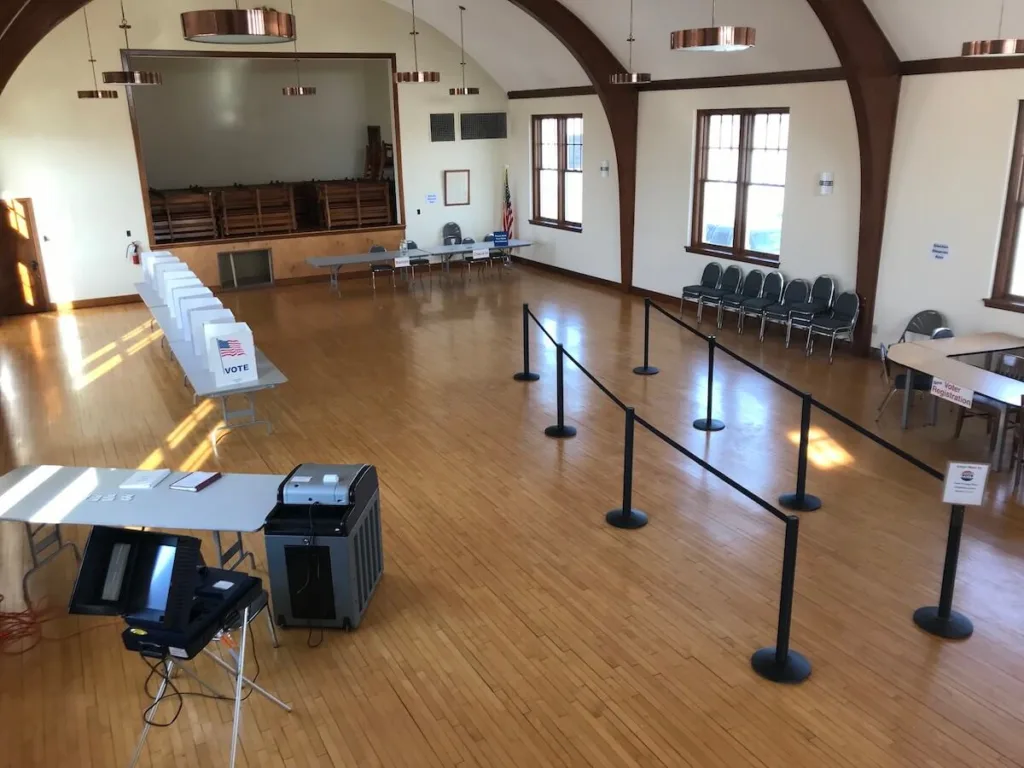A program helps teachers tell Milwaukee’s untold stories. The Trump administration says it will no longer fund it.
A program at Marquette University that trains Milwaukee-area teachers to incorporate the city’s untold stories – particularly those of communities of color – into their classrooms is losing federal funding.










